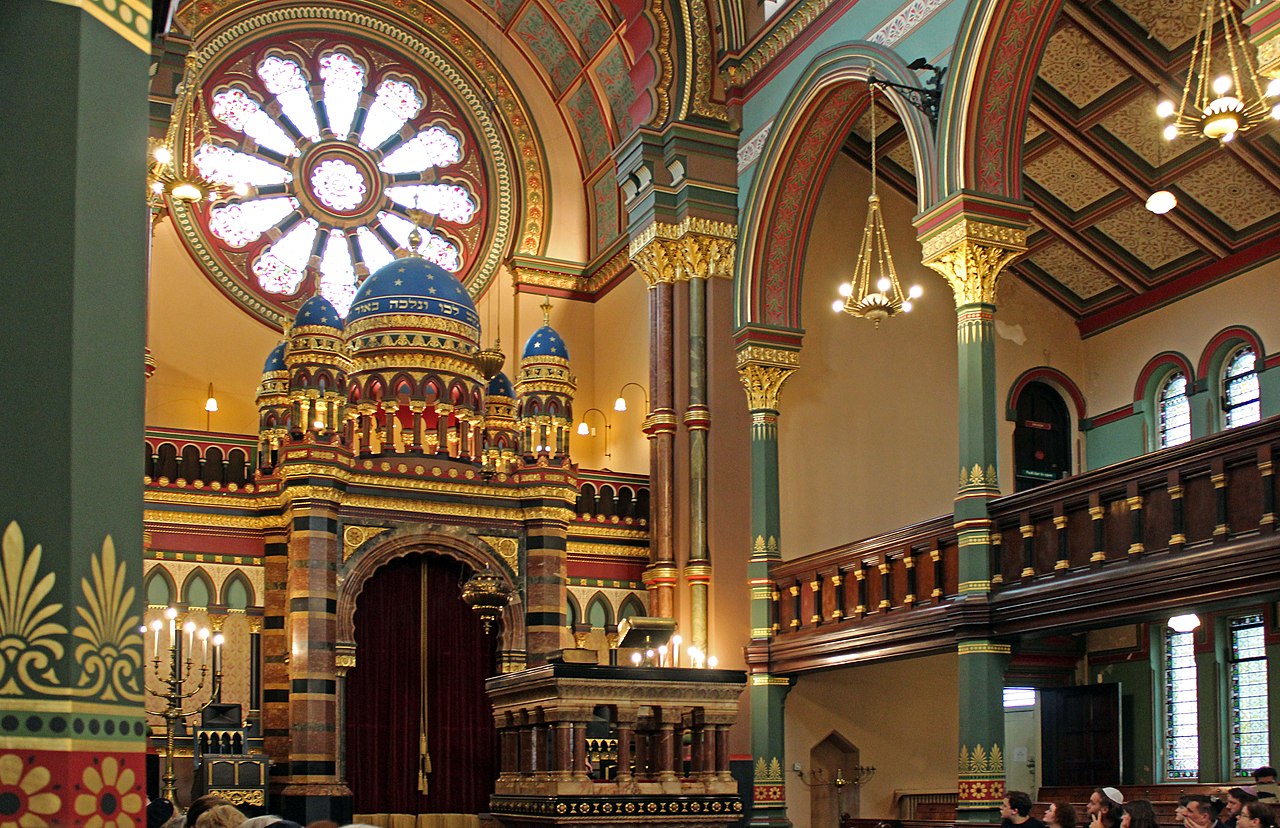Reprinted with permission from The JPS Guide to Jewish Traditions, published by the Jewish Publication Society.
Barekhu (Let us praise) is the ceremonial call to worship by the prayer leader at the formal beginning of the daily morning and evening services. The morning service in the synagogue initially consisted only of the Shema (and its blessings) and the Amidah.
Each worshiper recited the preliminary sections privately at home or in the synagogue before the beginning of the service, which formally began with the Barekhu. Barekhu is not included in the afternoon service, since the Shema is not recited.
After the prayer leader recites the invocation “Barekhu et Adonai hamevorakh” (Praise the Lord, who is [to be] praised), the congregation responds “Baruch ha-mevorakh l‘olam va-ed” (Praised is the Lord, who is [to be] praised for ever and ever). Having summoned the congregation to praise God, the prayer leader repeats the response to indicate that this obligation is equally incumbent on him (or her).

Help us keep Jewish knowledge accessible to millions of people around the world.
Your donation to My Jewish Learning fuels endless journeys of Jewish discovery. With your help, My Jewish Learning can continue to provide nonstop opportunities for learning, connection and growth.
Although literally meaning “bless,” in context the word “barekhu” is the equivalent of “praise,” for it would be the height of presumption to think that mere mortals could somehow confer anything on God. Instead the Barekhu recognizes that God is the source of all blessings and is an assertion of the worshiper’s dedication to fulfill God’s will by performing the divine commandments.
Barekhu Logistics
Barekhu is recited while standing and only in the presence of a minyan (a quorum of 10 Jewish adults). The prayer leader bows at the word “praise” and straightens at “Lord,” while both the prayer leader and the congregation bow at the word “praised” and straighten at “Lord” in the response. The recitation of Barekhu and the practice of standing during it may have originated at the time of Ezra, based on the verse in Nehemiah (9:5), “Rise, bless the Lord your God who is from eternity to eternity: ‘May Your glorious name be blessed, exalted though it is above every blessing and praise!'”
Barekhu is also recited by each person who is called up for an aliyah during the reading of the Torah, and it is followed by the same congregational response. Some communities have the paradoxical custom of also reciting Barekhu at the conclusion of the daily morning and evening services when there is no
reading, for the benefit of those worshipers who arrived too late to hear it at the opening of the service.



